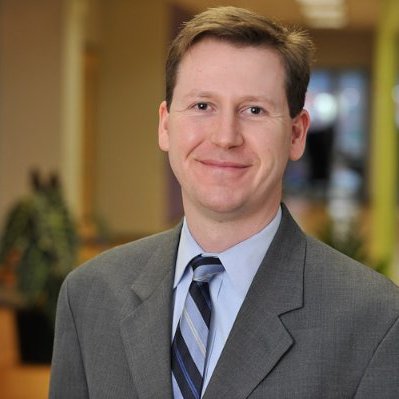Science Policy and the Road Ahead
Career Story Blog Post By Sesquile Ramon, PhD, Health Policy Specialist and AAAS Fellow
So you got a Ph.D., now what? Degree in hand, you now have the option to pursue a diverse number of career possibilities, including science policy. You do not necessarily need another academic degree, but you do need to diversify the skills section on your CV and learn how to leverage and translate your graduate school skills into marketable ones.
During my Ph.D. at the University of Rochester, I learned that aside from being scientifically curious I am also passionate about the impact of science on society at large, and enjoy wearing a suit and tie to work. Consequently, during graduate school I actively and carefully expanded my professional experiences outside the lab. I joined various student organizations and professional societies. I also taught in the classroom, mentored less experienced students, and volunteered in public health programs in my free time. During my postdoc at Harvard, I continued to mentor students, participated in science advocacy groups and further developed my professional brand. In addition to the skills acquired in my roles as a student and a postdoc, it was those extracurricular activities that helped me stand out as an applicant, and be admitted into the highly competitive AAAS Science and Technology Policy Fellowship program in D.C.
While working at the Office of the Director of the NIH through AAAS, I have leveraged my experience as a biomedical researcher and served the public by writing, analyzing and overseeing the development of national research policies. As the single largest funder of biomedical research in the U.S. and largest biomedical research agency in the world, the NIH deals with legislative and regulatory decisions that govern the scientific enterprise both in the private and public sector. The development of a comprehensive policy framework is critical to maintaining our rich and dynamic scientific research environment, both in the public and private sectors alike. Whether you believe that policy should promote science or science should inform policy, as a science policy professional your work will undoubtedly and immediately impact the way science is conducted in a vast and long-lasting manner.
Other than academia, very few professional careers offer a well-delineated and clear path to success. To attempt these alternative pathways, you have to be comfortable with change and uncertainty. Although you might miss the bench from time to time, the myriad of professional opportunities that lay ahead will certainly be both scary and exhilarating, and ultimately rewarding.
Tracey Baas | 3/24/2016




